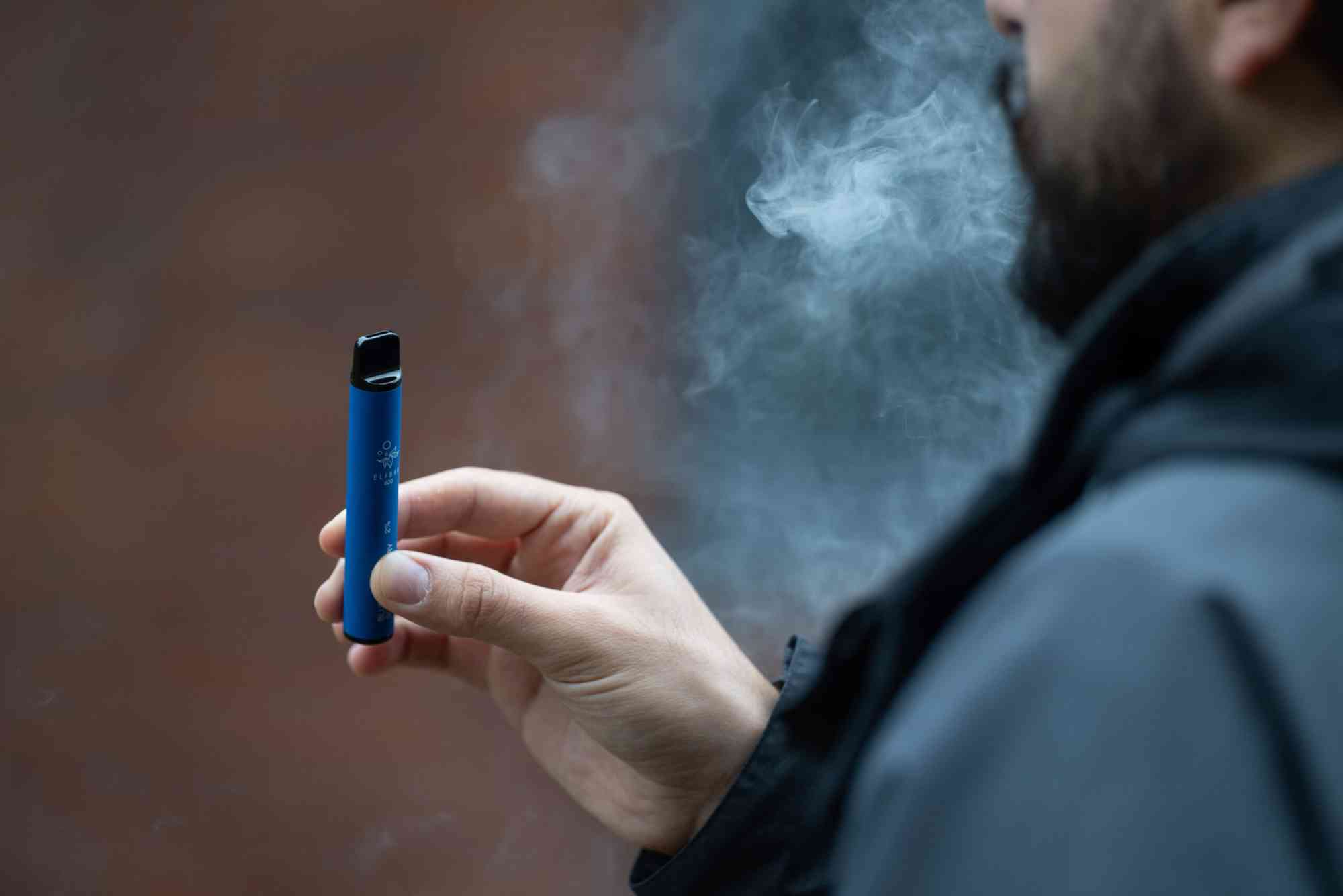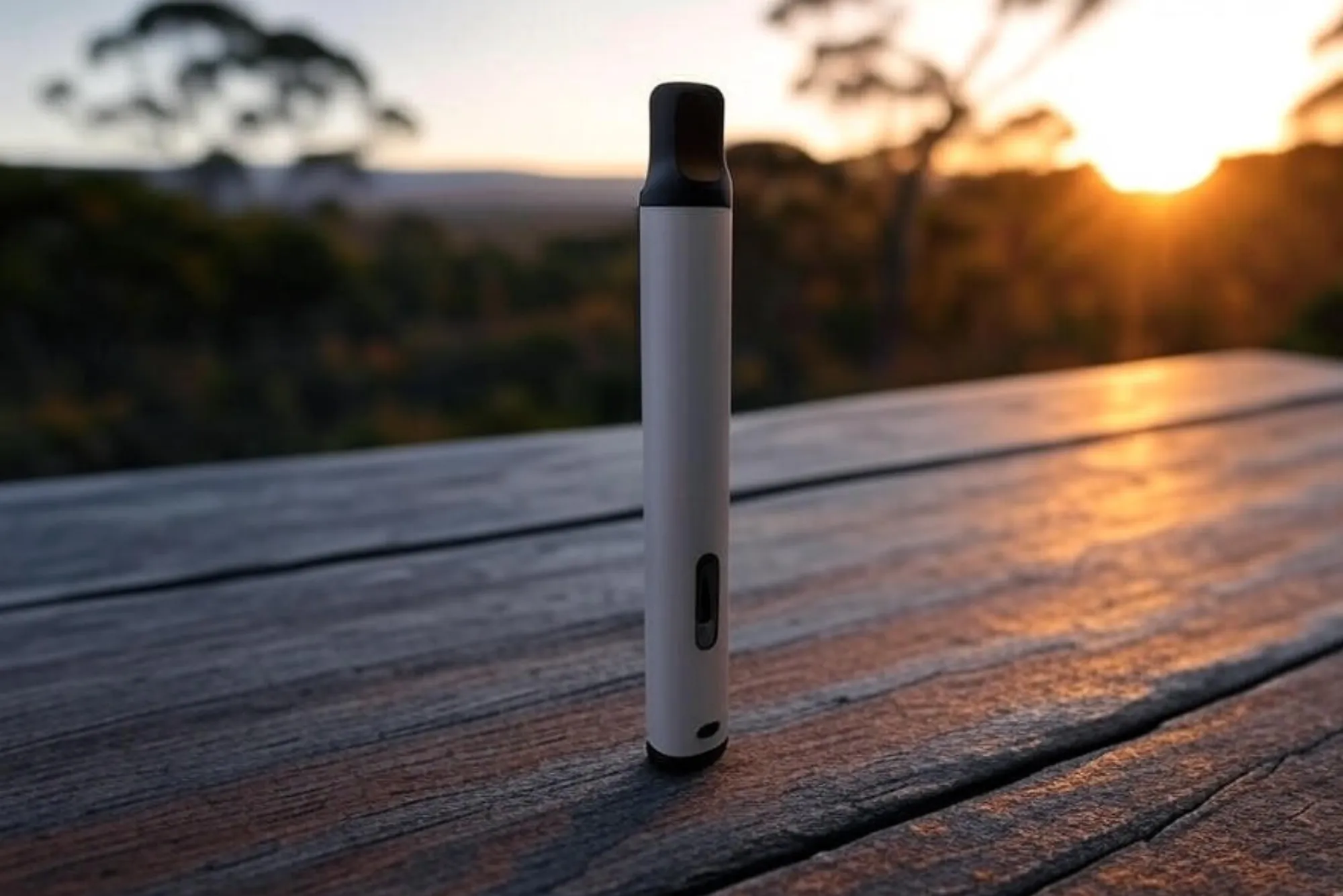Vaping Illegal in What States and Vape Battery Overheating: What You Must Know
Vaping has become a popular alternative to traditional smoking, offering a perceived safer option for nicotine consumption. However, the legal landscape surrounding vaping is complex and varies significantly across the United States. Additionally, concerns about vape battery safety, particularly overheating, have raised alarms among users and health experts alike. In this article, we’ll explore which states have implemented vaping bans and provide crucial information on preventing vape battery overheating.
Vaping Bans Across the United States
As of 2025, several states have enacted laws that restrict or ban vaping products. These regulations are often aimed at reducing youth access to nicotine and addressing public health concerns. The specific laws vary, but common restrictions include bans on flavored e-cigarettes, online sales, and usage in public spaces.
States with Comprehensive Vaping Bans
Some states have implemented broad vaping bans that encompass various aspects of e-cigarette use and sales. These states include:
- California: Banned in-store sales of flavored vapes in 2022, and as of January 1, 2025, also prohibits online sales of flavored products, including all forms of nicotine and nicotine analogs.
- New York: Enacted a flavor ban covering all flavors except tobacco and adopted an online sales ban for all vaping products in April 2020.
- Massachusetts: Implemented a statewide flavor ban in late 2019, prohibiting sales of all vape flavors except tobacco.
- Rhode Island: Established a permanent flavor ban in 2020, which was converted into law in 2024, restricting all vape flavors except tobacco.
- South Dakota: Prohibited the shipping of all tobacco products, including vapes, as of 2025.
- Utah: Enacted both a flavor ban and an online sales ban for vaping products.
States with Partial or Localized Vaping Bans
Other states have implemented partial bans or allow local municipalities to regulate vaping. These include:
- Georgia: Permits only face-to-face retail transactions of vaping products, prohibiting online sales.
- Hawaii: Bans online sales from out-of-state, except to licensed retailers.
- Maine: Restricts online sales, allowing them only between licensed businesses.
- Nebraska: Prohibits online sales, except between licensed businesses.
- New Jersey: Enforced a flavor ban covering all flavors except tobacco.
- Oregon: Bans online sales, except between licensed businesses.
- Washington, D.C.: Imposed a flavor ban on all vaping and tobacco products in 2021.
States with No Statewide Vaping Ban
Some states have not enacted statewide vaping bans, leaving regulation to local authorities. These states include:
- Kentucky: No statewide vaping ban; however, vaping is prohibited on all properties of the State Executive Branch, including buildings, vehicles, and land, excluding specific outdoor areas such as parks and fairgrounds.
- Missouri: No statewide vaping ban; localities may regulate vaping more stringently than the state.
- North Carolina: No statewide vaping ban; localities may regulate vaping more stringently than the state.
- Texas: No statewide vaping ban; localities may regulate vaping more stringently than the state.
It’s important for consumers to stay informed about the specific vaping laws in their state and locality, as regulations can change and vary widely.
Vape Battery Overheating: Causes and Prevention
While understanding the legal aspects of vaping is crucial, ensuring the safety of the devices used is equally important. Vaping Illegal In What States One significant safety concern is vape battery overheating, which can lead to device malfunctions or, in extreme cases, fires.
Causes of Vape Battery Overheating
Vape batteries, particularly lithium-ion types, can overheat due to several factors:
- Overcharging: Leaving a vape device plugged in after it’s fully charged can cause the battery to overheat.
- Exposure to Extreme Temperatures: Charging or using a vape device in hot environments, such as a car on a sunny day, can lead to battery overheating.
- Physical Damage: Dropping a vape device can damage the battery, leading to potential overheating issues.
- Using Incompatible Chargers: Using chargers not designed for the specific vape device can result in improper charging and overheating.
- Internal Short Circuits: Manufacturing defects or damage to the battery can cause internal short circuits, leading to overheating.
Preventing Vape Battery Overheating
To minimize the risk of vape battery overheating, users should follow these safety tips:
- Avoid Overcharging: Do not leave your vape device plugged in after it has reached a full charge.
- Charge in a Safe Location: Always charge your vape device on a clean, flat surface, away from flammable materials.
- Store Properly: Keep your vape device in a cool, dry place, and avoid exposing it to extreme temperatures.
- Use Compatible Chargers: Always use the charger that came with your vape device or a manufacturer-approved replacement.
- Inspect Regularly: Check your vape device for signs of damage or wear, and replace any faulty components immediately.
- Handle with Care: Avoid dropping your vape device, and use protective cases if available.
By adhering to these safety practices, users can significantly reduce the risk of vape battery overheating and ensure a safer vaping experience.
Understanding the legal landscape of vaping and the safety concerns associated with vape battery overheating is essential for consumers. While several states have enacted vaping bans to address public health concerns, it’s crucial to stay informed about the specific laws in your state and locality. Additionally, by following proper safety protocols, users can minimize the risk of vape battery overheating and enjoy a safer vaping experience.
FAQs
Q: Which states have banned flavored vapes?
A: States like California, New York, Massachusetts, Rhode Island, and Utah have implemented bans on flavored vapes, restricting sales to tobacco-flavored products only.
Q: Can I still buy vapes online in all states?
A: No, several states, including Georgia, Hawaii, Maine, Nebraska, and New Jersey, have restrictions or bans on online sales of vaping products.
Q: How can I prevent my vape battery from overheating?
A: To prevent overheating, avoid overcharging, store your device in a cool place, use compatible chargers, and handle your device carefully to avoid physical damage.
Q: Are there any risks associated with vape battery overheating?
A: Yes, overheating can lead to device malfunctions, leaks, or in extreme cases, fires. It’s essential to follow safety guidelines to mitigate these risks.
Q: Where can I find information about vaping laws in my state?
A: Resources like the Public Health Law Center and CASAA provide up-to-date information on vaping laws and regulations by state.




